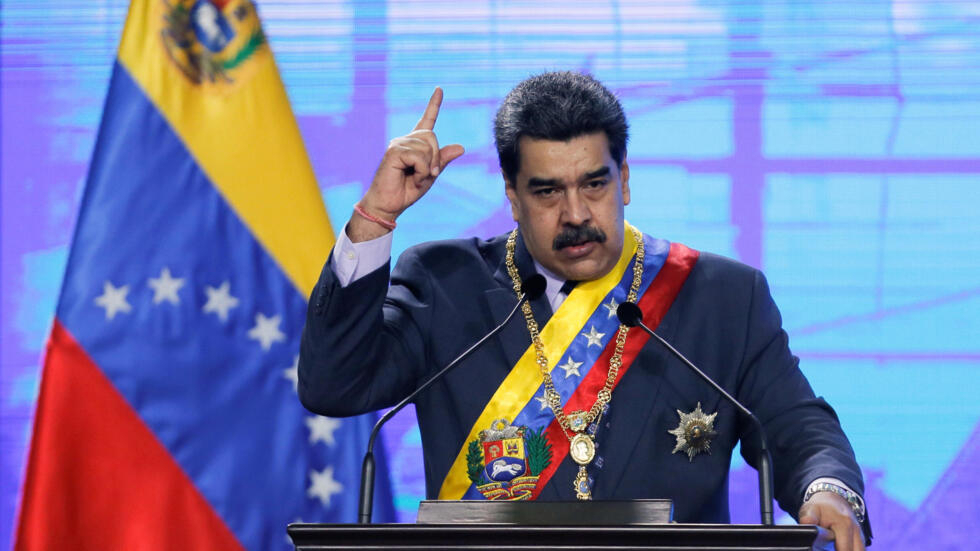Already a subscriber? Make sure to log into your account before viewing this content. You can access your account by hitting the “login” button on the top right corner. Still unable to see the content after signing in? Make sure your card on file is up-to-date.
Venezuela’s leader has officially signed an emergency decree granting himself expanded powers in response to what his government describes as escalating military threats from the United States.
Some shit you should know before you dig in: If you’re unaware, the US currently has a shitload of military assets deployed in the Caribbean near Venezuela, including eight warships, a nuclear-powered submarine, and a fleet of F-35 stealth fighters, backed by additional forces stationed in Puerto Rico. These deployments are part of what the Trump administration describes as a large-scale anti-drug trafficking operation, though the Venezuelan government has questioned the legitimacy and proportionality of the mission. In the last month, at least three vessels allegedly carrying narcotics from Venezuela were destroyed by US forces, resulting in the deaths of up to 17 people. President Trump has also publicly hinted at the possibility of expanding strikes to include drug labs and cartel operations inside Venezuela, escalating the rhetoric to suggest direct attacks on Venezuelan soil. A report from last week revealed that the Pentagon has presented a range of military options to Trump for potential strikes within Venezuela, though no final decision has been made yet.

What’s going on now: In a notable development, Venezuelan leader Nicolás Maduro has signed an emergency decree under the constitutional provision of “external commotion”, granting himself extraordinary powers to respond to what he calls an imminent threat of US military aggression. This legal mechanism allows the president to declare a state of emergency for up to 90 days, with the option to extend it for another 90 with parliamentary approval. The decree enables Maduro to mobilize the military across the country, restrict constitutional rights, assert military control over public services and infrastructure, seize control of the oil industry, and implement strict media controls in the name of national defense and stability.
Maduro’s government claims the US is laying the groundwork for an armed intervention under the false pretext of fighting drug trafficking. In public statements and televised addresses, Maduro has repeatedly argued that the US’s true motives are to pursue regime change and to seize control of Venezuela’s vast oil reserves, rather than address any actual narcotics threat.
He has rejected US accusations that his government is directly involved in drug trafficking, calling them politically motivated fabrications designed to justify foreign intervention. Maduro has framed the situation as a fight for sovereignty, accusing the US of engaging in “imperialist aggression” while vowing that Venezuela “will never surrender its homeland.”







